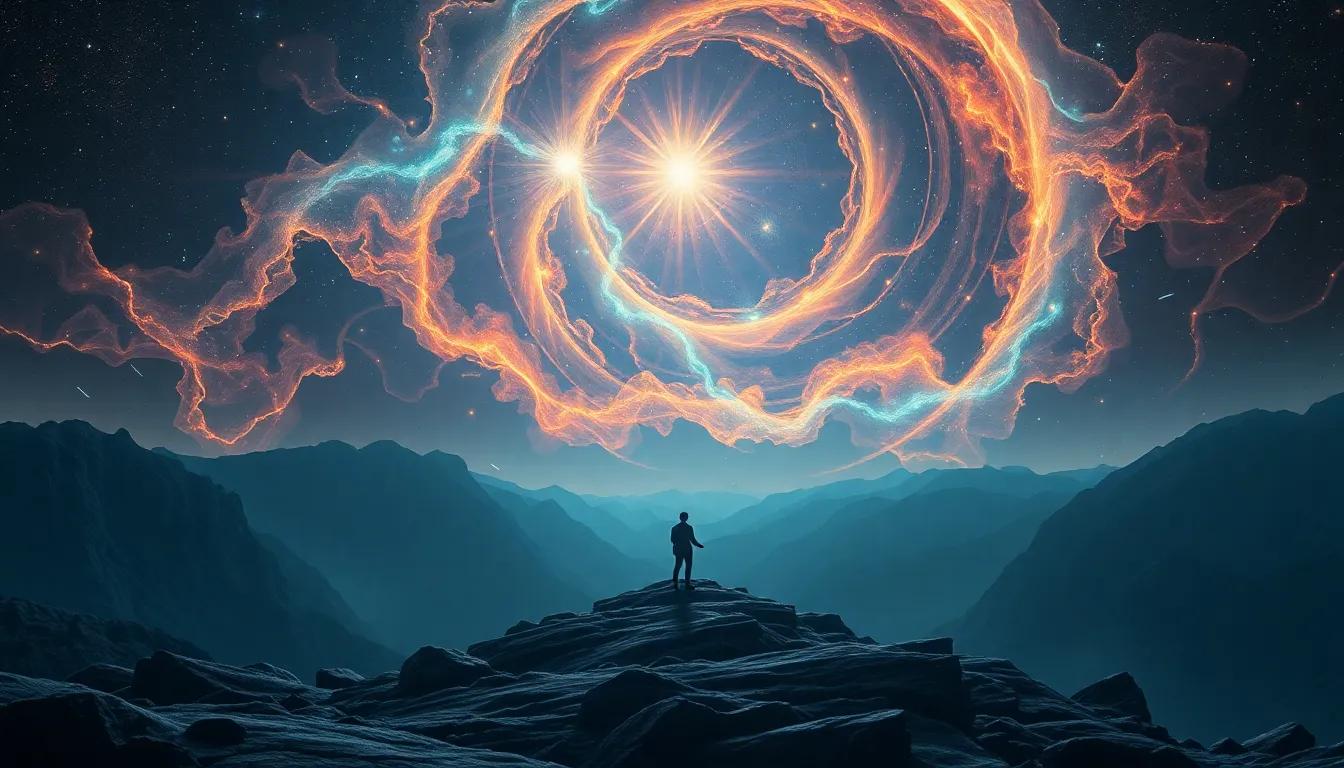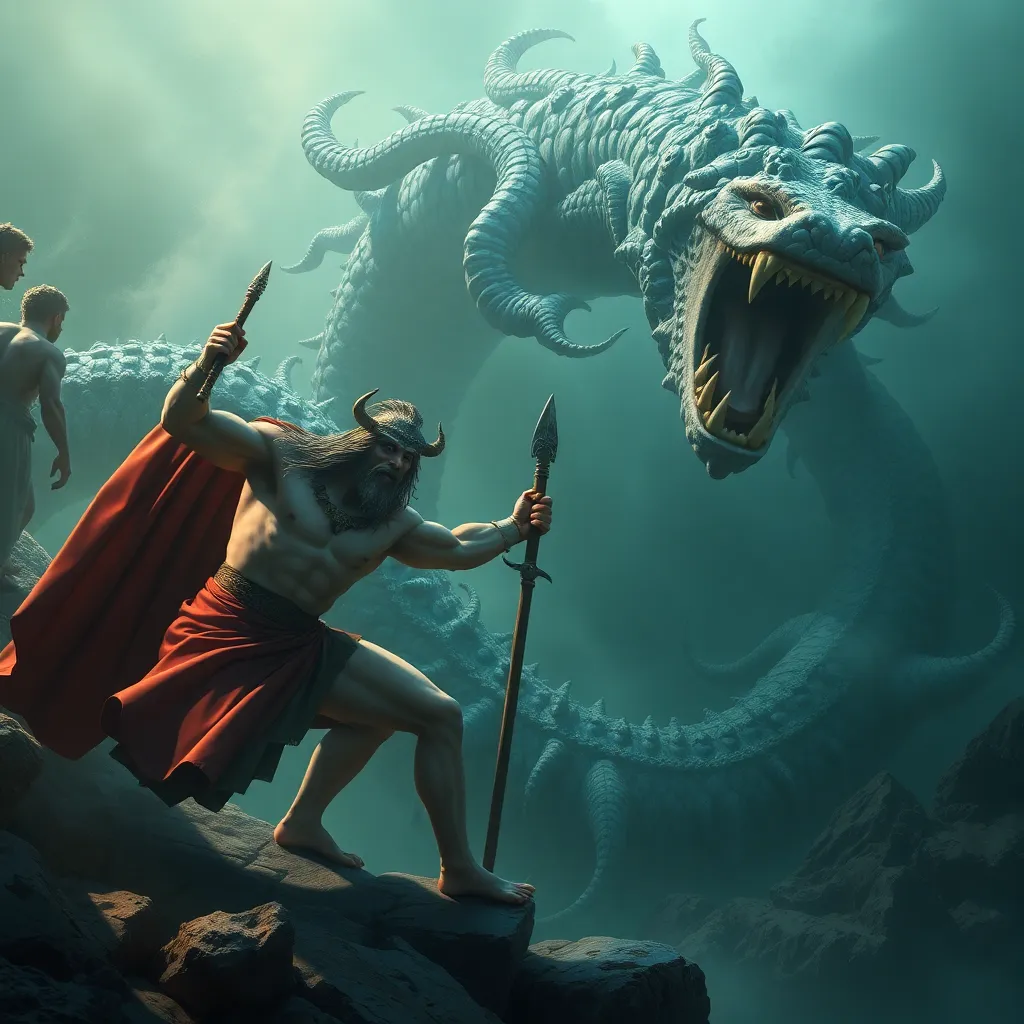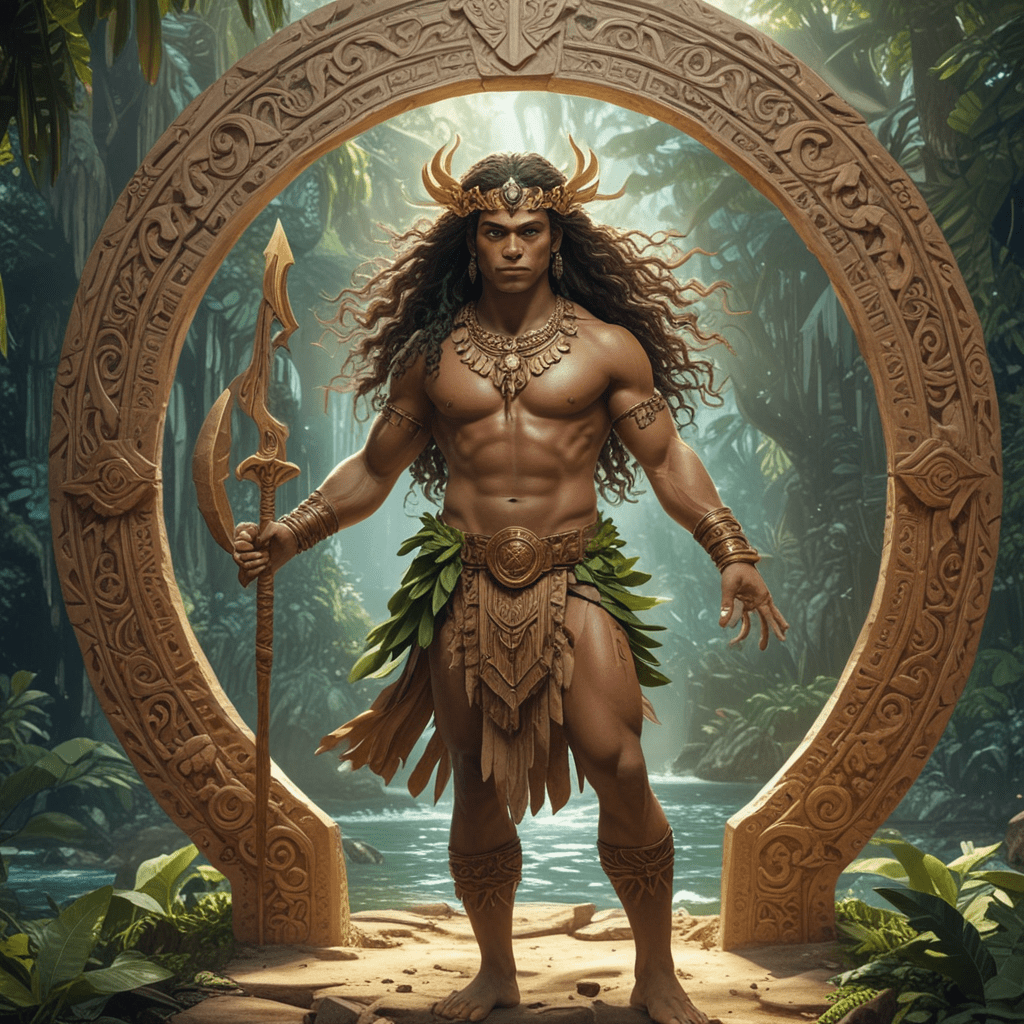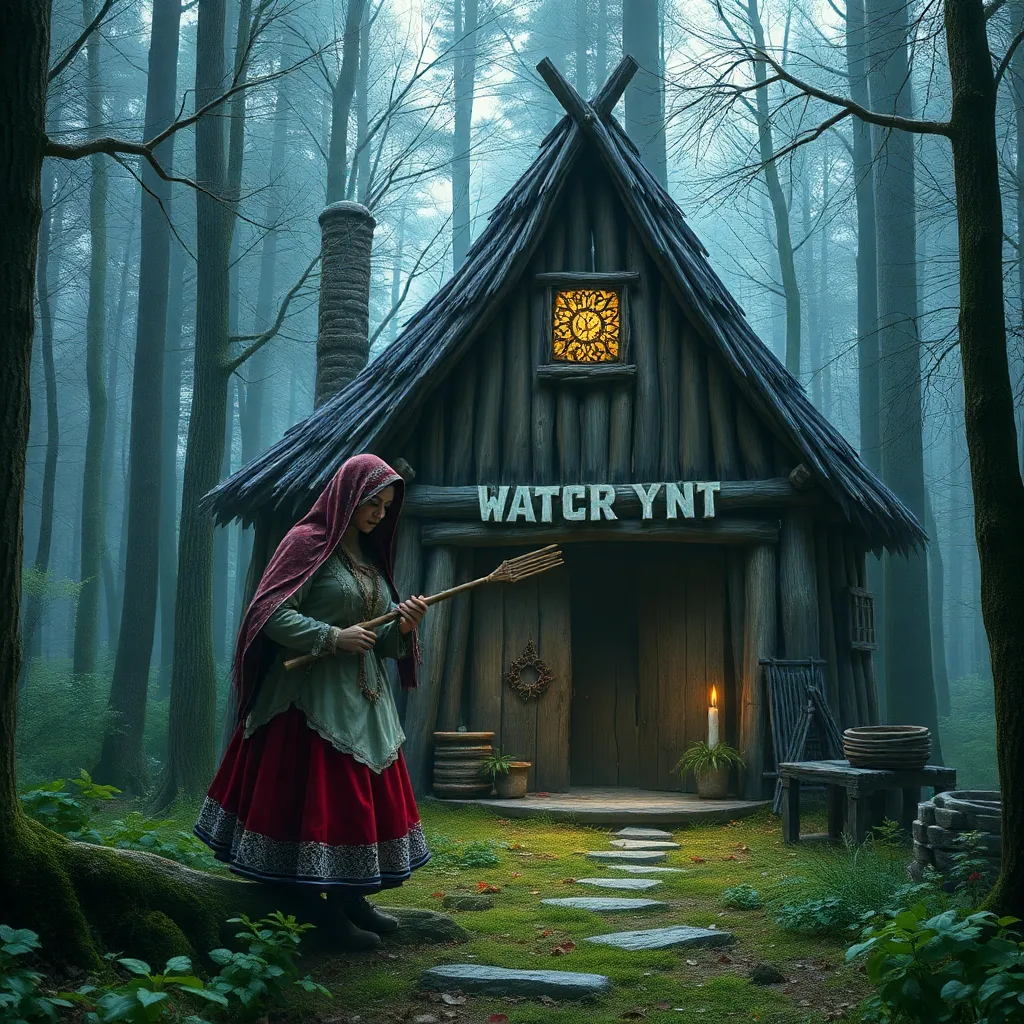The Great Cosmic Story: How Myths Explain Our Existence
I. Introduction to the Cosmic Narrative
The Great Cosmic Story is a framework that narrates the origins and evolution of the universe through the lens of mythology. It encompasses the rich tapestry of human beliefs, cultural narratives, and existential inquiries that shape our understanding of existence.
Myths serve as essential elements in human culture, providing insights into the human experience, values, and the mysteries of life. They offer explanations for the unknown and connect individuals to their cultural heritage.
This article explores the intersection of myth and science, the archetypes found in creation myths, the psychological significance of these narratives, and their impact on cultural identity, time perception, and modern philosophy. It also discusses the evolution of myths in contemporary society and their future relevance.
II. The Intersection of Myth and Science
Historically, myths and scientific understanding have often been seen as opposing forces. However, many ancient cultures viewed myths as complementary to their scientific observations. Myths provided narratives that explained natural phenomena before the advent of modern science.
Myths complement scientific explanations by offering a framework for understanding existence that includes emotional and spiritual dimensions. For example:
- The Big Bang theory, which describes the universe’s inception, resonates with various creation myths that speak of a primordial chaos giving birth to order.
- Myths about the Earth being a living entity align with ecological sciences that emphasize the interconnectedness of all life forms.
Case studies like the Hindu creation myth of Vishnu and the scientific explanation of evolution illustrate how both can coexist, each enriching the human understanding of life.
III. The Archetypes of Creation Myths
Creation myths share common themes that reflect humanity’s quest for understanding. These themes often include:
- Chaos and Order: Many myths begin with chaos, from which order emerges.
- Divine Intervention: Creation often involves deities or supernatural beings shaping the universe.
- Humanity’s Role: Myths frequently address the place of humans in the cosmos and their relationship with the divine.
A comparative analysis of creation stories reveals striking similarities across cultures, such as:
- The Judeo-Christian Genesis narrative of God creating the world in six days.
- The Māori creation story of Ranginui and Papatuanuku, where the sky and earth are separated by their children.
These stories highlight the role of divine beings in shaping existence and underscore the universal questions about life’s origins.
IV. Myths as Reflections of Human Experience
Myths address fundamental questions of existence, such as creation, life, death, and the afterlife. They provide frameworks for understanding the human condition and our place in the universe.
Psychologically, mythological narratives serve several functions:
- They offer comfort in the face of uncertainty, providing answers to existential questions.
- They foster community and shared identity through collective storytelling.
- They inspire individuals to reflect on their values and beliefs.
Examples of myths that resonate with modern existential dilemmas include the story of Prometheus, which explores themes of sacrifice and rebellion against the divine, and the myth of Sisyphus, which reflects the human struggle against absurdity.
V. The Role of Myth in Cultural Identity
Myths play a crucial role in shaping collective consciousness, influencing how societies view themselves and their place in the world. They impact societal values and norms, guiding behaviors and traditions.
Through mythology, cultures preserve their heritage, passing down stories that embody their history and beliefs. Myths serve as a bridge between generations, nurturing a sense of belonging and continuity.
Moreover, they can unify communities, providing common narratives that reinforce identity and cultural pride. For instance, Indigenous myths often emphasize a deep connection to the land, shaping practices and respect for nature.
VI. Cosmic Myths and the Nature of Time
Different cultures perceive time in various ways, often reflected in their myths. Some cultures view time as cyclical, where events repeat in a continuous loop, while others see it as linear, progressing toward an ultimate end.
Myths illustrating the relationship between time and eternity include:
- The Hindu belief in the cyclical nature of creation and destruction through the cycles of Yugas.
- The ancient Greek concept of Chronos (linear time) versus Kairos (the opportune moment), which reveals different aspects of time.
These differing perceptions influence how cultures approach life, death, and existence itself, informing their philosophies and spiritual practices.
VII. The Influence of Myths on Modern Philosophy and Spirituality
Mythological themes have inspired numerous philosophical movements, from existentialism to postmodernism. Philosophers such as Nietzsche drew on mythological concepts to explore individual meaning and the nature of existence.
In contemporary spirituality, there has been a resurgence of interest in myth. Many people seek to integrate mythological narratives into their spiritual practices, finding meaning and guidance through these ancient stories.
Myths also continue to shape moral and ethical frameworks today, offering narratives that guide individuals in making sense of right and wrong in complex situations.
VIII. The Evolution of Myths in the Age of Technology
Modern advancements challenge traditional myths, prompting reinterpretations or the creation of new myths that reflect current realities. For example, the rise of artificial intelligence and virtual realities has given birth to new narratives about consciousness and existence.
In the digital age, storytelling has transformed, with myths emerging through various mediums, including films, video games, and social media. These new myths often address contemporary issues and reflect the concerns of modern society.
Storytelling remains a vital tool for understanding our world, allowing individuals to navigate the complexities of a technologically-driven society.
IX. The Future of Myths and Human Existence
The relevance of myths persists in a rapidly changing world, as they continue to provide frameworks for understanding life’s complexities. New narratives are likely to emerge as humanity faces unprecedented challenges, such as climate change, technological advancements, and global inequality.
As we navigate these challenges, myths will play a crucial role in fostering a sense of belonging and purpose, connecting us to our shared humanity and helping us find meaning in our experiences.
X. Conclusion: Myths as Essential Narratives of Existence
In summary, myths serve as essential narratives that explain our existence and shape our understanding of the world. They bridge the gap between the spiritual and the scientific, reflecting our deepest questions and experiences.
As we move forward, the ongoing relevance of myths will continue to guide humanity, offering wisdom and insight as we navigate the complexities of modern life. Embracing the great cosmic story allows us to connect with our past, understand our present, and envision our future.




